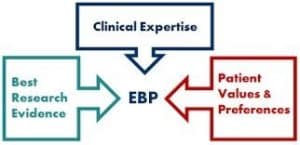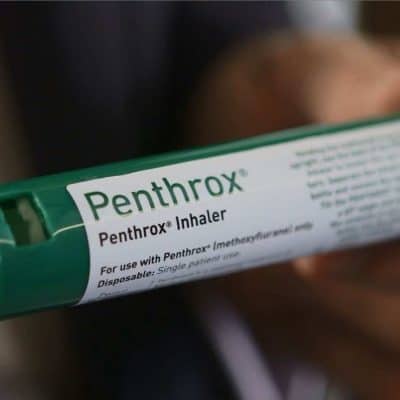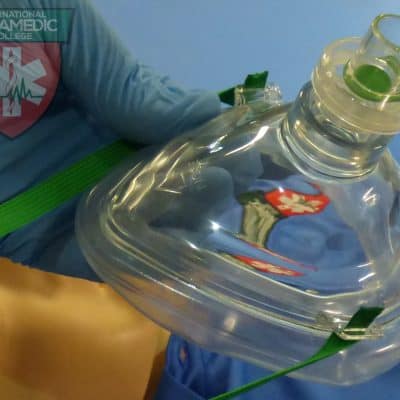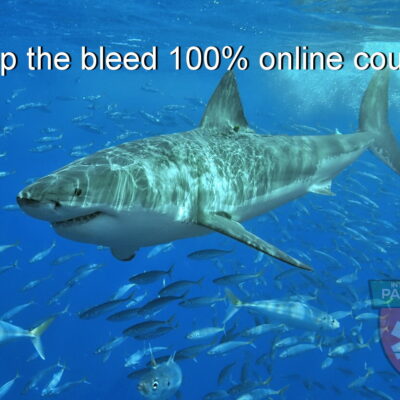Paramedic Clinical Skills, Law and Ethics are a firm base on which to build a Paramedic career.
Seldom is a subject so misunderstood and full of misinformation in public first aid courses and pre-hospital emergency care, so I will try to cover a range of issues that arise as a consequence of the very nature of your daily work as a paramedic or first aider or if you want to become a paramedic.
The very nature of emergency medicine for paramedics means that most times you can’t “sit on the clinical fence” Paramedic law and ethics shape how we make time critical decisions on our patient’s clinical pathway, our choices evolve in dynamic and fluctuating situations. Hamlet’s self-seeking question “To be or not to be” to go with the flow of the unfolding events or intervene in an attempt to change things is as much of a clinical question as it is a life question. Paramedics must make choices. People’s lives are in the balance and as a paramedic you are expected to intervene in that time between when you arrive at a scene and you finally arrive at the hospital.
Paramedic education should develop decision making skills and judgement, two important clinical skills in the field. You are given your skills and training to use judiciously, to intervene, when a patient’s condition is such that they may not make it to hospital without that intervention. Intervention itself has its risks and rewards. Finding the balance, to return to homeostasis so to speak is the paramedic’s version of the balanced legal scales.
Every decision you will make as a paramedic is finely balanced upon the pillars of three conceptual foundations, the clinical, the ethical and the legal pillars. For every clinical procedure out in the field, there are corresponding legal and ethical obligations to consider.
Your practice, as a paramedic, has its duties and obligations and these are expressed in legal and ethical frameworks that guide and rule your practice. Peak bodies like Paramedics Australasia had an expert panel of educators and clinicians from the Network of Australasia Paramedic Academics and international paramedic professional associations develop a set of competency standards for paramedics .
Your clinical judgement and the paramedic skills in your scope of practice are informed by your protocols, procedures and pharmacology, using your current knowledge to apply the skills appropriate to your level of training. Understanding how all this fits together will enhance your everyday clinical decision-making.
Professionalism involves ethical conduct, integrity and the upholding of laws and values. It is an often quoted maxim that it is values that can enrich our lives.
Amongst other things, we as consumers of medicine, expect honesty, fairness caring and confidentiality in our health system.
Perhaps seeking and finding this balance is one of the reasons that Paramedics are often voted as “the most trusted profession”. Professional research and its evidence in the field is the key to maintaining that trust. If you want to become a paramedic then finding this balance is the key that unlocks a satisfying long-term career in the caring professions.
Evidence Based Practice – The driver of change in first aid teaching, techniques and practice
Teaching first aid or CPR classes in locally in Ballina, Lismore, Alstonville or teaching student paramedics in Australia or internationally , I am often asked by students why first aid or paramedic pre-hospital care treatments seem to change all the time.
 It’s a good question, as we all find change a little confronting, particularly the pace or rate of change now. What was good one day seems to be bad the next. It seems to us sometimes, like the experts can’t agree. While evidence based practice drives much of this change it is really the opposite of this. Evidence based practice is more about agreement and consensus.
It’s a good question, as we all find change a little confronting, particularly the pace or rate of change now. What was good one day seems to be bad the next. It seems to us sometimes, like the experts can’t agree. While evidence based practice drives much of this change it is really the opposite of this. Evidence based practice is more about agreement and consensus.
Evidence based practice
Paramedic education is driven forward by evidence based practice (EBP). EBP simply means that we need to base what we do to help a patient based on the strength of evidence and research as to what are the best ways to do that, the best way to meet that individual patient’s needs and requirements. What we currently do may cause more harm than good. Let’s use a scientific process to work out what works and what doesn’t and treat our patients based on that.
So as our body of knowledge changes and evolves, that research improves our understanding and drives changes in our practice of emergency medicine, first aid and CPR. So while it may seem from the outside that it is simply change for change’s sake, it is not. Simply put, we get better at helping others as we know more and understand our patients better. If you think about it like that it seems to make better sense.
I recall reading the writer and futurist Alvin Toffler who said “The illiterate of the 21st century will not be those who cannot read or write, but those who cannot learn, unlearn and relearn.”
So when I think or change in the health sector I see it as relearning and a chance to refresh my thinking, not as a threat but as a challenge. If you want to learn first aid or become a paramedic here in Australia or overseas then you are accepting a life driven by change as the evidence evolves. In some ways you could say change is the “new experience.” How you deal with that change will shape your career in the caring professions.
Finding, critiquing, using and evaluating information is essential to professional development and practice in first aid and paramedic education, learning and development. Evidence based practice requires a review of quality evidence, not something you heard from someone or found someone talking about on the internet. Because it is said loud and often doesn’t make it right.
There are rules around the assessment of evidence and research. If you look up the Australian Resuscitation Council (ARC) guidelines which form the basis of out of hospital patient care, emergency treatment and first aid here in Australia you can see at the bottom of the guidelines a list of the evidence and research that has led to their recommendations. Evolving evidence is driving change and practice.
Practising skills is important but if you are sitting in the same boring lecture that you have had several times before then you are not learning with a learning organisation, creating new ways to see the problems of pre-hospital care. International Paramedic College supports the growth and development of paramedic legal and ethical standards.
Paramedic Education – The Way Ahead
We strongly support the push for national registration in Australia and are currently working with international paramedic organisations in developing ethical training and mentoring programs based on integrity, honesty and respect. The used car sales approach to training and development should have no place in training lifesaving clinical skills and mentoring students to deal with the complexities of paramedic care.









